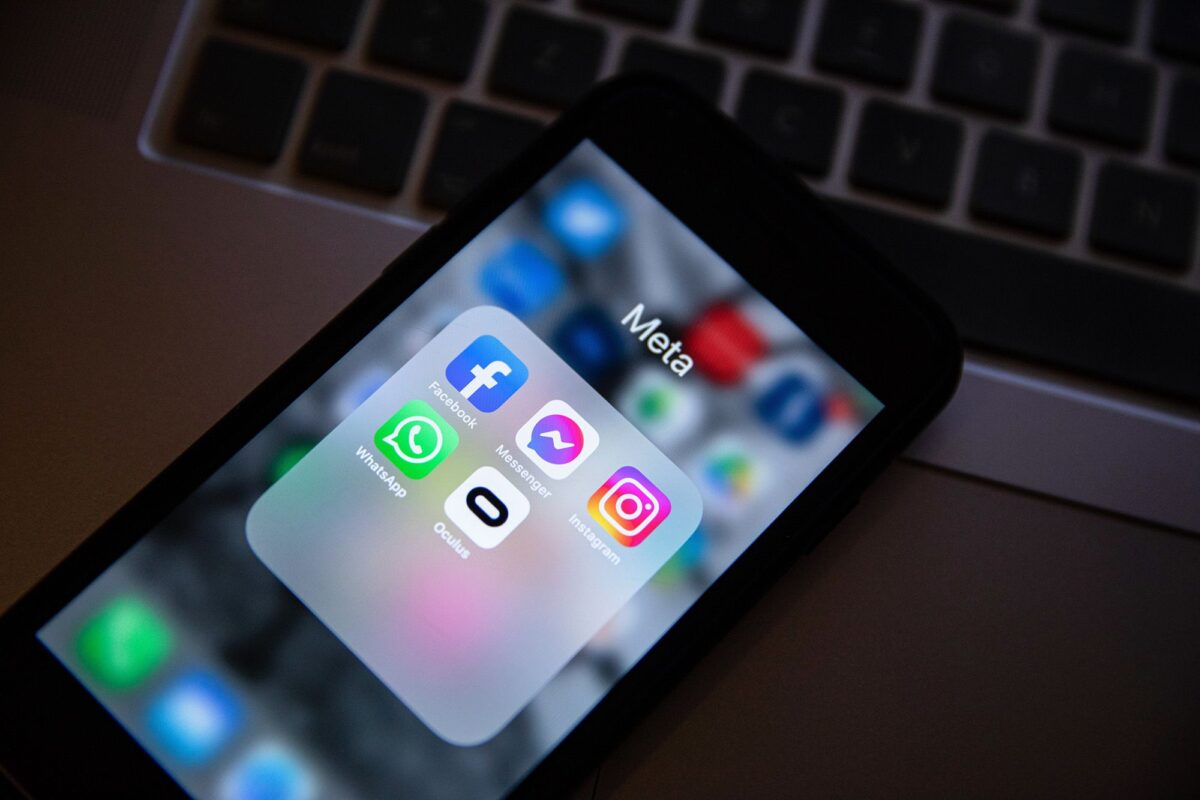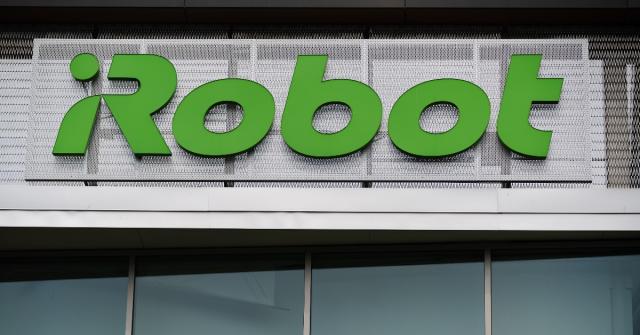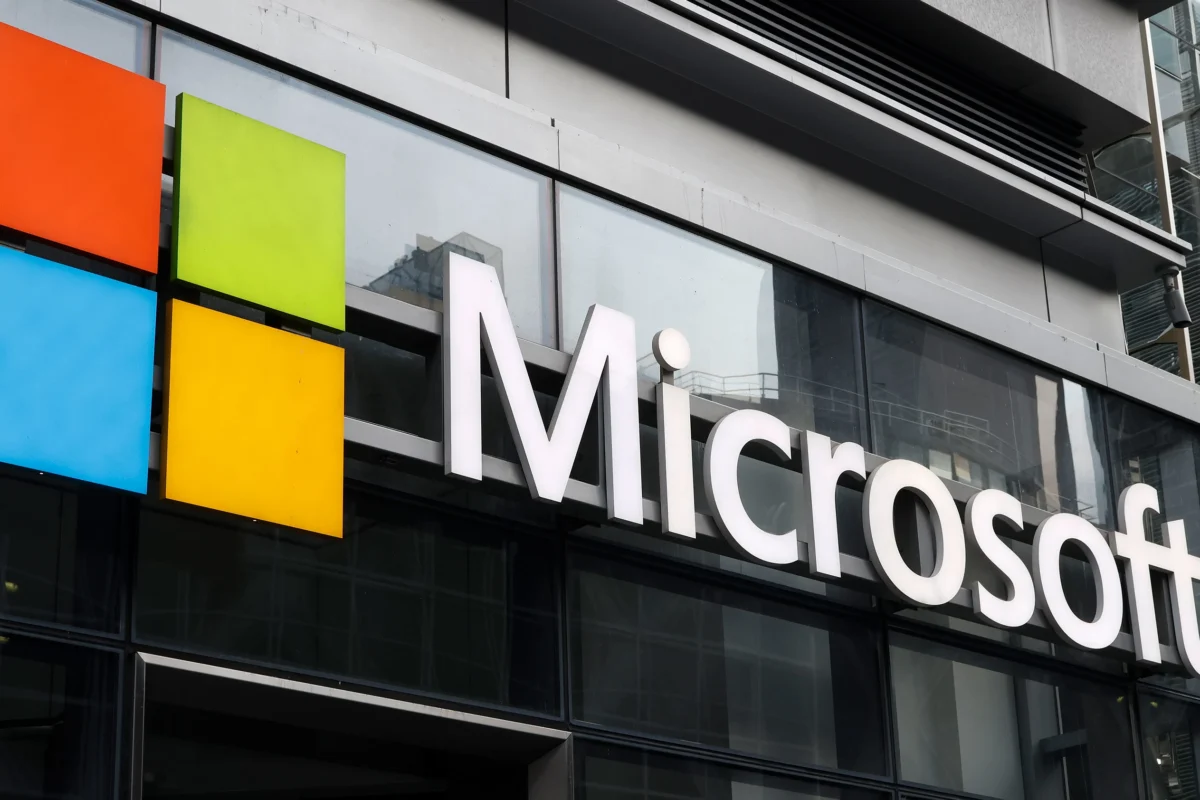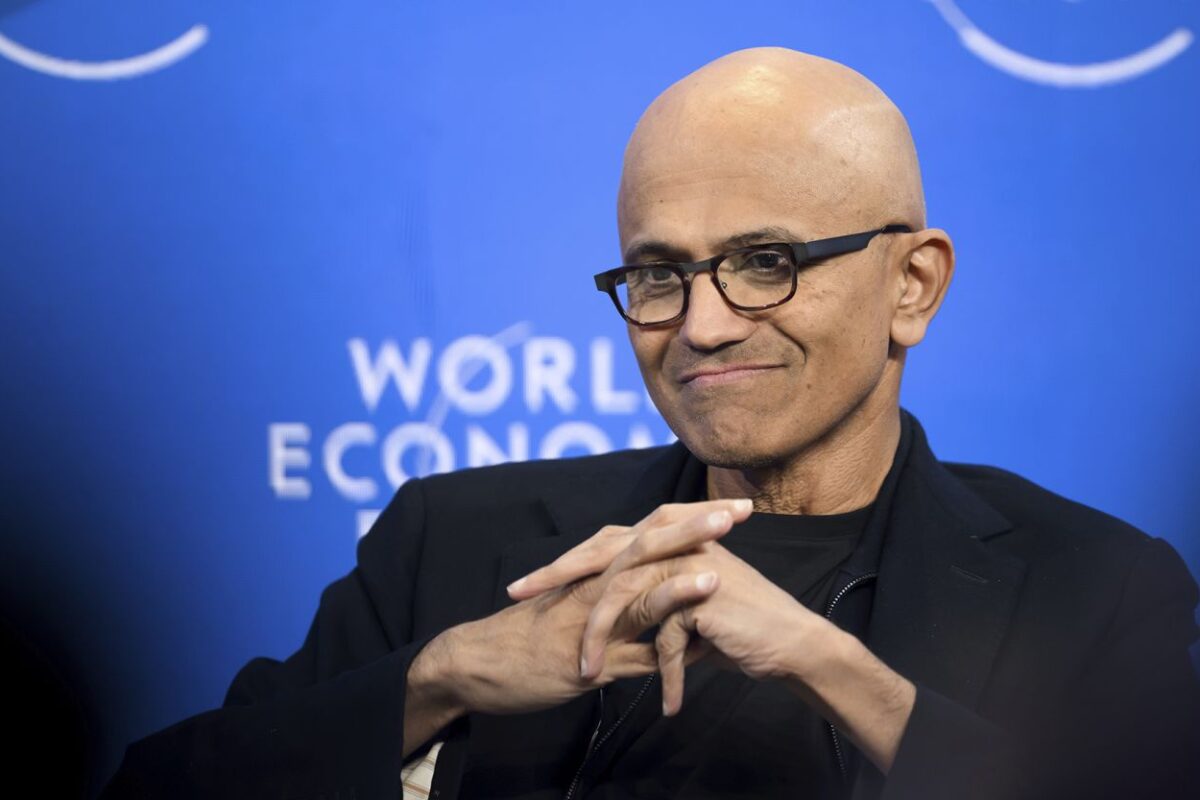In the ever-evolving landscape of technology, the power of community has emerged as a driving force for change. Social media platforms, once seen merely as avenues for connection and entertainment, have now become indispensable tools for fostering collaboration, sparking innovation, and driving meaningful societal change. As we delve into 2024, the intersection of technology and community on social media is proving to be a catalyst for transformative advancements across various industries.
Fostering Collaboration and Knowledge Sharing
One of the most significant impacts of social media on the tech landscape is its ability to facilitate collaboration and knowledge sharing among professionals, enthusiasts, and experts from around the globe. Platforms like Twitter, Reddit, and LinkedIn have become virtual meeting grounds where individuals can exchange ideas, seek advice, and share valuable insights in real-time.
Tech-focused communities on platforms such as GitHub and Stack Overflow have revolutionized the way developers collaborate on projects, troubleshoot issues, and collectively push the boundaries of innovation. Through open-source platforms and online forums, developers can crowdsource solutions, contribute to shared repositories, and build upon each other’s work, fostering a culture of continuous learning and improvement.
Empowering Diverse Voices and Perspectives
Social media has also played a pivotal role in amplifying underrepresented voices and perspectives within the tech industry. Online communities and movements dedicated to diversity, equity, and inclusion have gained momentum, sparking crucial conversations and driving initiatives aimed at creating a more inclusive tech ecosystem.
Platforms like Facebook and Instagram have provided a platform for marginalized groups to share their experiences, showcase their work, and advocate for greater representation within the industry. Through hashtags, campaigns, and digital activism, these communities have leveraged social media to challenge systemic biases, dismantle barriers to entry, and advocate for meaningful change.
Driving Innovation and Disruptive Technologies
The collaborative nature of social media has proven instrumental in driving innovation and the adoption of disruptive technologies. From blockchain and artificial intelligence to virtual reality and the Internet of Things, tech communities on social media are at the forefront of exploring, experimenting with, and evangelizing emerging technologies.
Platforms like TikTok and YouTube have become breeding grounds for tech influencers and content creators who share tutorials, reviews, and demonstrations, democratizing access to information and inspiring a new generation of innovators. Additionally, crowdfunding platforms like Kickstarter and Indiegogo have enabled aspiring entrepreneurs to turn their tech dreams into reality by harnessing the power of community support and engagement.
Addressing Societal Challenges and Global Issues
Beyond technological advancements, social media-driven tech communities are actively engaged in addressing pressing societal challenges and global issues. From climate change and sustainability to healthcare and education, online communities are leveraging technology to drive social impact, raise awareness, and mobilize collective action.
Through crowdfunding campaigns, hackathons, and online petitions, tech communities are harnessing the power of social media to support charitable causes, advocate for policy change, and empower communities in need. Whether it’s developing innovative solutions for renewable energy or leveraging data analytics to address public health crises, these communities are proving that technology, when combined with collective action, can be a potent force for positive change.
Looking Ahead: The Future of Tech Communities in 2024 and Beyond
As we look ahead to the future of tech communities in 2024 and beyond, it’s evident that the power of community on social media will continue to shape the trajectory of technological innovation and societal change. With the rise of virtual reality, augmented reality, and immersive online experiences, the boundaries of online communities will blur, enabling even greater collaboration, connection, and creativity.
However, with this newfound power comes a responsibility to ensure that tech communities remain inclusive, equitable, and accessible to all. By prioritizing diversity, fostering empathy, and embracing ethical practices, tech communities can harness the full potential of social media to drive meaningful and sustainable change in the years to come.
In conclusion, the synergy between technology and community on social media is driving a new era of innovation, collaboration, and social impact in 2024. By harnessing the power of collective knowledge, diverse perspectives, and collaborative action, tech communities are shaping a future where technology is not just a tool for advancement but a force for positive change in society.









